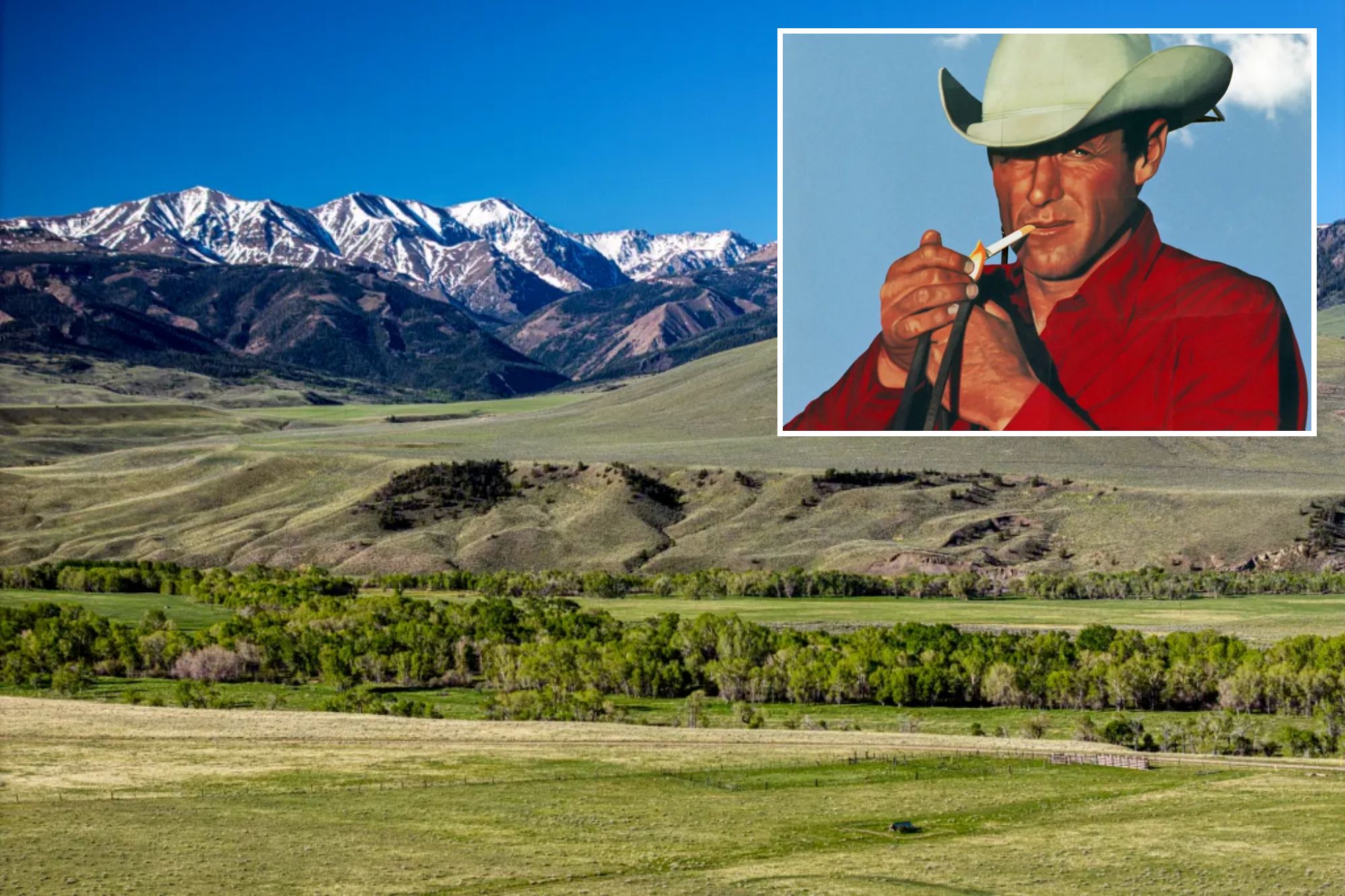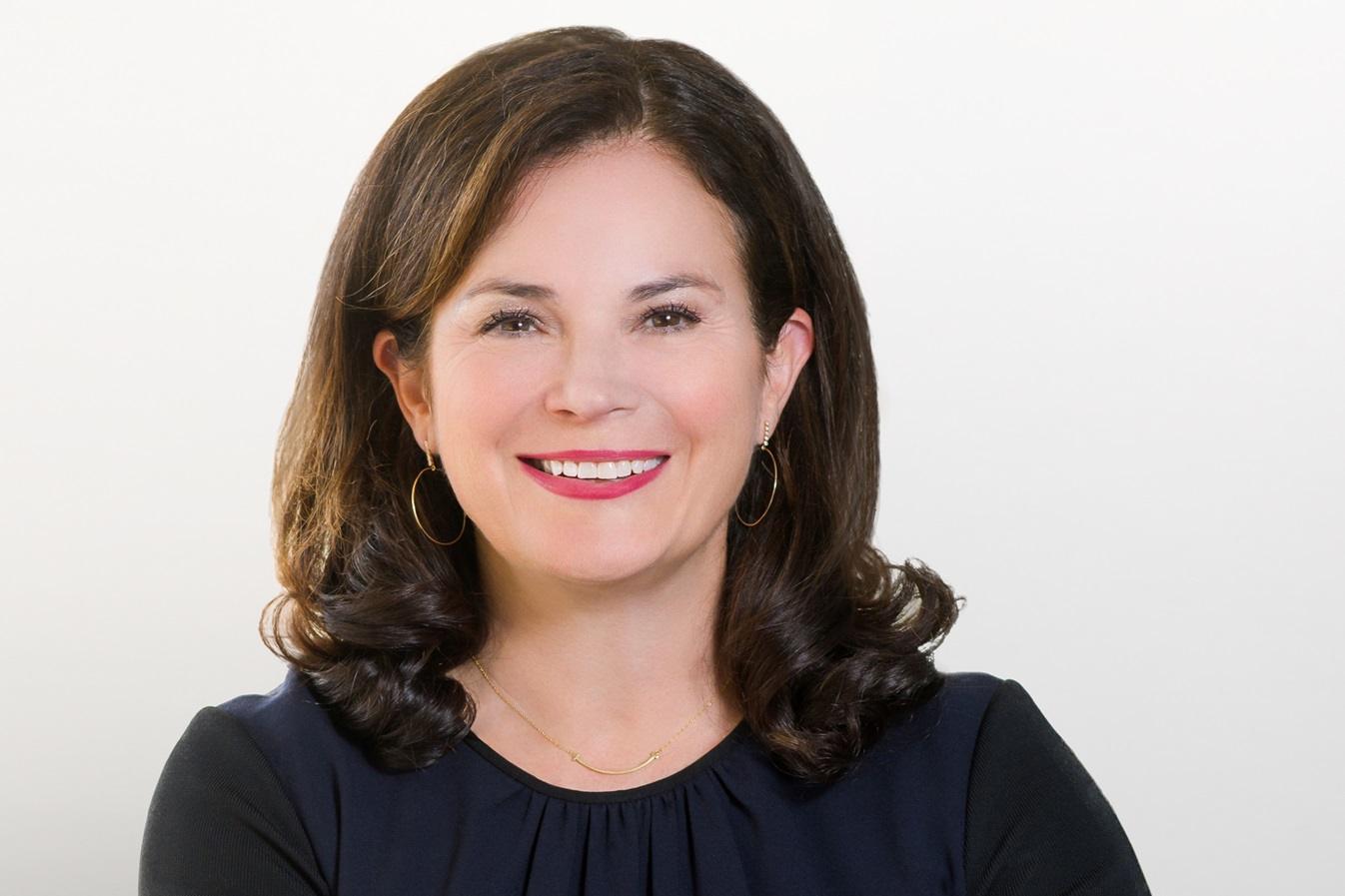P
itchfork Ranch, a sprawling 100,000‑acre cattle operation near Meeteetse, Wyoming, has entered the market for $52.8 million, according to Mansion Global. The property, once the backdrop for Marlboro’s iconic cowboy ads, is now one of the most expensive ranch sales in the state’s history.
The ranch was founded in 1878 by Prussian nobleman Otto Franc von Lichtenstein, long before Wyoming achieved statehood. Its early years were marked by favorable grazing conditions—low snowfall and robust winter grass—making it an ideal spot for cattle. The land later passed to the Phelps family and their son‑in‑law, photographer Charles Belden, whose striking images of cowboys in Life and National Geographic cemented the ranch’s place in American lore.
In the 1980s, Pitchfork became part of “Marlboro Country,” serving as the setting for the cigarette brand’s rugged cowboy campaigns that ran from 1954 to 2000. The ranch’s image of the American West has endured, and today it remains a fully operational cattle operation, home to about 1,300 cows and over 1,100 irrigated acres of hay meadows.
The Bakers, retired physicians Lenox and Fran, purchased the ranch in 1999 for $13 million. They lived there for more than a decade before moving to Park City, Utah. Lenox Baker, 83, has described the experience as an investment and a chance to learn about ranching, irrigation, and the history of Park County. “I learned to ride a horse, round cattle, and rotate grazing so the land wouldn’t be overused,” he told reporters.
The property features eight residences, hand‑hewn barns, a sandstone “Stone House,” and expansive pastures beneath the Absaroka Mountains. It also supports hunting, fishing, horseback riding, and wildlife conservation efforts, including work to restore the endangered black‑footed ferret. The ranch’s sense of intactness—its “living symbol of the American West”—has been highlighted by listing agent Latham Jenkins of Live Water Properties. Jenkins notes that if the ranch sells at its current asking price, it would set a regional record.
Pitchfork’s footprint is nearly ten times the size of Manhattan, a comparison that underscores its vastness. The Bakers plan to retain a smaller 3,400‑acre parcel nearby, where they have rebuilt a lodge for friends and family. The ranch’s proximity to Cody Regional Airport—about 45 minutes away—offers a balance of solitude and accessibility.
The Bakers briefly listed the ranch last year for $67 million before reducing the price. The current $52.8 million ask reflects a strategic adjustment aimed at attracting serious buyers. Jenkins emphasizes that properties of this caliber rarely come to market, and Pitchfork represents a rare opportunity to own a historic brand, extraordinary acreage, and a cultural landmark all in one.
The ranch’s legacy, spanning nearly 150 years, is a testament to the enduring myth of the American West. Its continued operation as a working cattle ranch, coupled with its cultural significance, makes it a unique asset in the real estate market. The sale of Pitchfork Ranch would not only mark a new chapter for the property but also preserve the storied history that has defined the region for generations.















